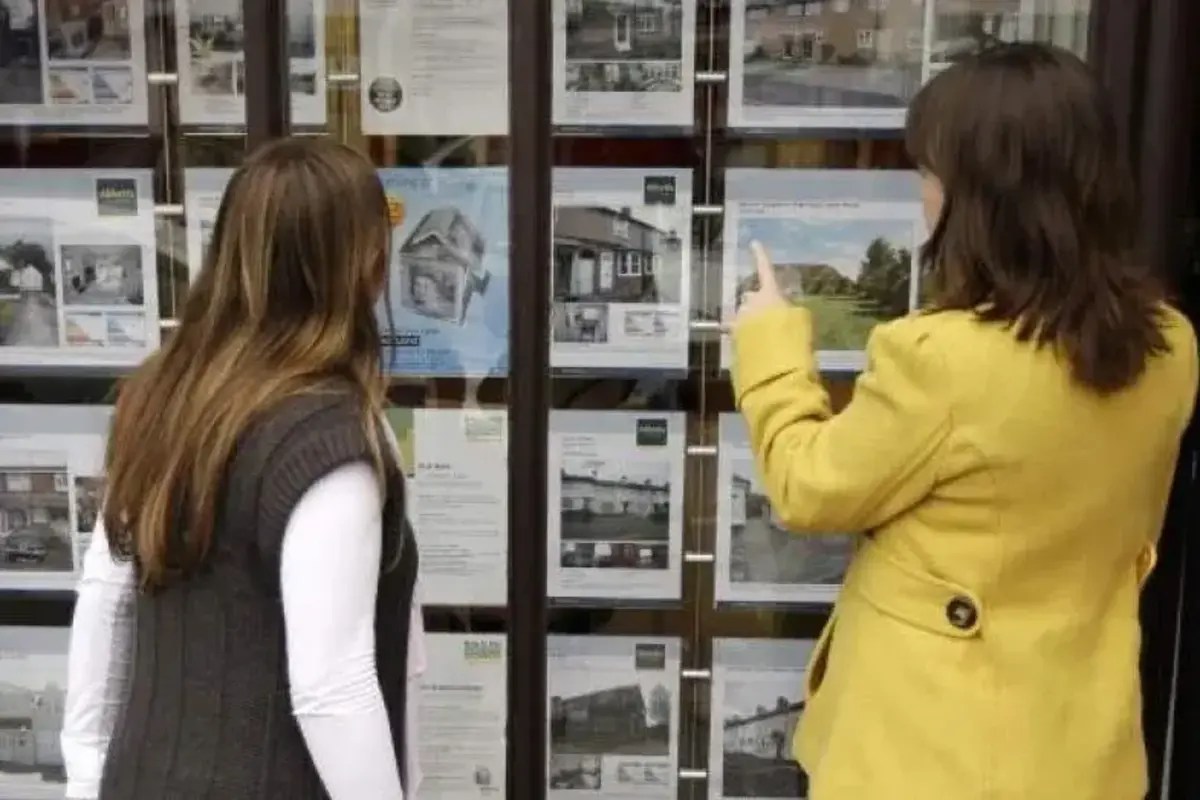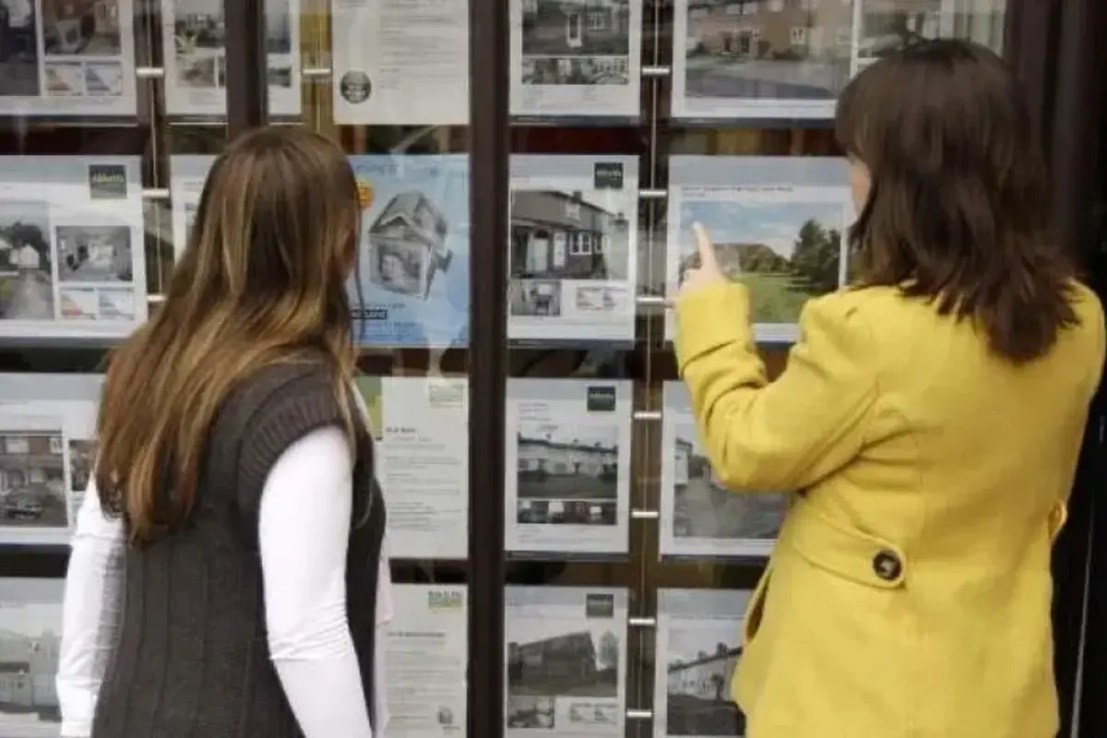Rightmove urges Reeves to keep stamp duty threshold for first-time buyers as it posts ‘solid but uninspiring’ results
Property giant Rightmove has called on the Government to retain the stamp duty threshold for first-time buyers, as it announced a solid but “uninspiring” set of results. Revenue at Rightmove rose by seven per cent to reach £192.1m, “as both agents and new homes developers renewed contracts, upgraded their packages and invested in additional products”, [...]


Property giant Rightmove has called on the Government to retain the stamp duty threshold for first-time buyers, as it announced a solid but “uninspiring” set of results.
Revenue at Rightmove rose by seven per cent to reach £192.1m, “as both agents and new homes developers renewed contracts, upgraded their packages and invested in additional products”, the company said.
Operational profit rose by just two per cent to £131.6m, while earnings per share also rose by two per cent to 12.4p.
“We’re pleased to… be progressing in executing our plan to build an even more valuable digital platform for the UK property industry,” Johan Svanstrom, chief executive of Rightmove said, in its half-year results to 30 June.
The property portal reported a market share of 86 per cent – unchanged from 2023 – and a high profit margin of 69 per cent, down from 72 per cent in 2023.
Rightmove has been able to maintain its position in the market against rivals Zoopla and OnTheMarket, despite charging higher costs for agents looking to list on the property site.
Features such as its digital mortgage tool have gone down well with consumers, and it has also connected an estate agent broker to its online application system, which allows users to access mortgage advice without leaving the platform.
In the run up to the General Election, the property market subsided slightly, with all eyes in the industry looking towards the state of the UK economy, and likelihood of a lowering of interest rates.
Svanstrom said:”Our performance came against the backdrop of the sustained challenging mortgage rate environment.
With the election now concluded, the property market looks forward to potential interest rate reductions which will further stimulate activity.”
Rightmove’s growth in the first half of the year has been slightly slower than in 2023, where revenue grew by 10 per cent.
Home listings and transactions picked up in the period, but both demand and supply of rentals continued to soften, Svanstrom said, leading to slightly slower growth.
Earlier this year, hedge funds warned that the firm’s dominance may be under threat from rival Onthemarket, which has received huge investment from its US owner Costar.
The company left guidance for the full year unchanged.
To freeze or not to freeze?
Today, Rightmove called on the Government to consider retaining first-time buyer stamp duty threshold.
Analysis by the property website found that only 37 per cent of homes for sale will be eligible for first-time buyer stamp duty relief in England in April, down from 58 per cent now.
Buyers currently don’t pay stamp duty on homes up to £450,000, but this is due to drop down to £300,000 in April 2025.
First-time buyers in the South East will be most affected, the company said, as a significant rise in house prices over the last few years means that fewer than one in ten homes will be free from a stamp duty charge to first-time buyers in April 2025.
Tim Bannister, Rightmove’s property expert, said: Stamp duty is a barrier to movement, and keeping the existing thresholds seems like a logical step to providing some first-time buyer support.
Even greater stamp duty reforms in the future could have wider implications, such as helping those who are considering downsizing.
Nathan Emerson, CEO at Propertymark, said: “Cutting stamp duty helped many buyers take their first step onto the housing market during the pandemic.
At a time where house prices remain unrealistic and challenging for many people, it is an important part of the process that the new UK Government looks to help people enter the housing market and retains the stamp duty threshold.”
Analysts reacted to its results in mixed fashion, with Charlie Huggins, Manager of the quality shares portfolio at Wealth Club, calling the results “solid but uninspiring”.
Despite the significant challenges facing the housing market, it has again grown revenue and profit, underlining the resilience of its business model.”
However, underlying operating profit only grew by one per cent. This reflected some one-off costs, but it also reflects the need for Rightmove to step-up investment in innovation.”
Meanwhile, RBC Captial Markets’ Anthony Codling said “when the housing market is buoyant it makes a lot of money, and when the housing market is tough it also, makes a lot of money, suggesting that come rain or shine the UK’s love affair with property has firmer foundations than the underlying economy.”
“House prices and rents may be out of reach for many, but that doesn’t stop UK households turning to Rightmove to get their property fix.”

